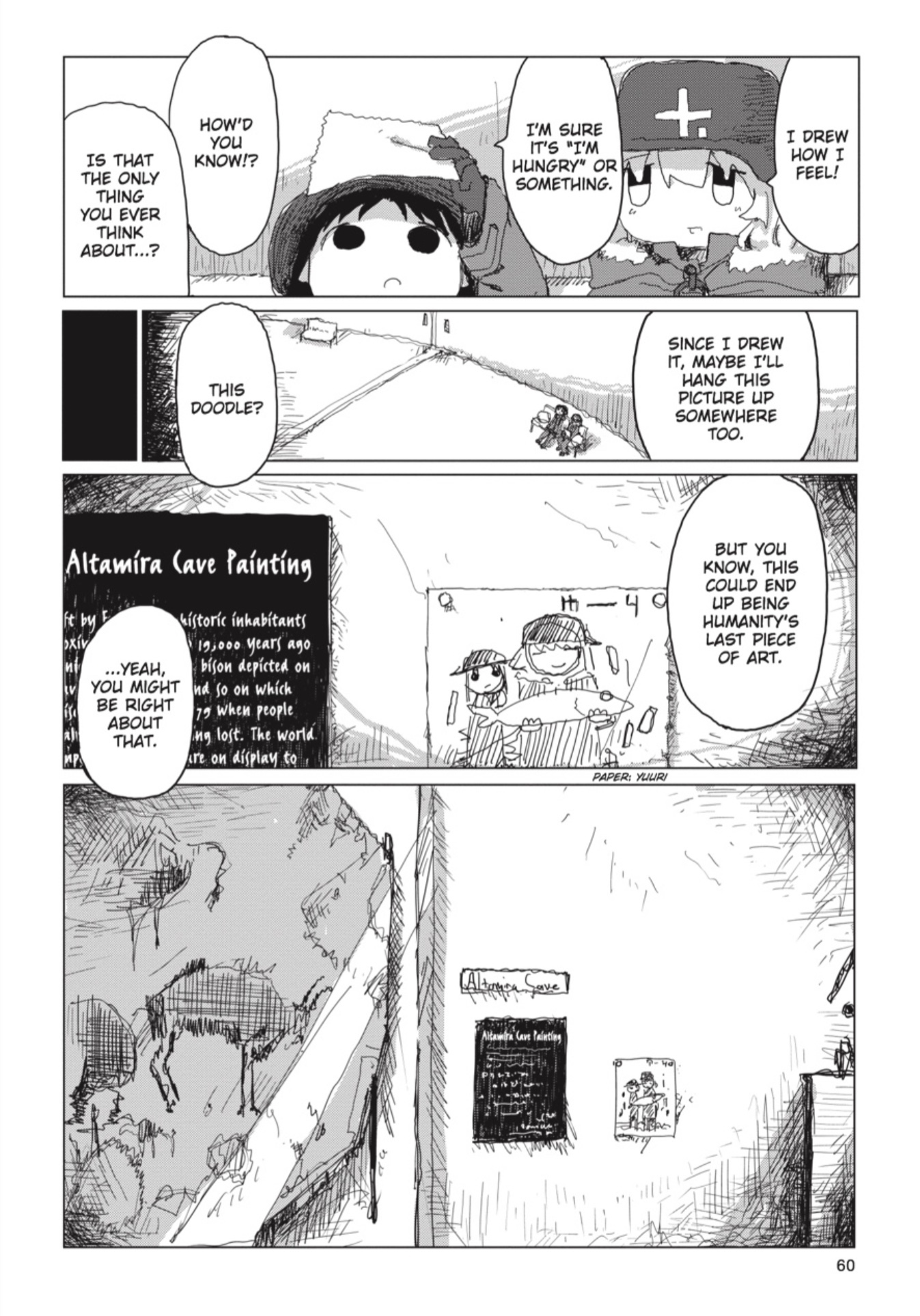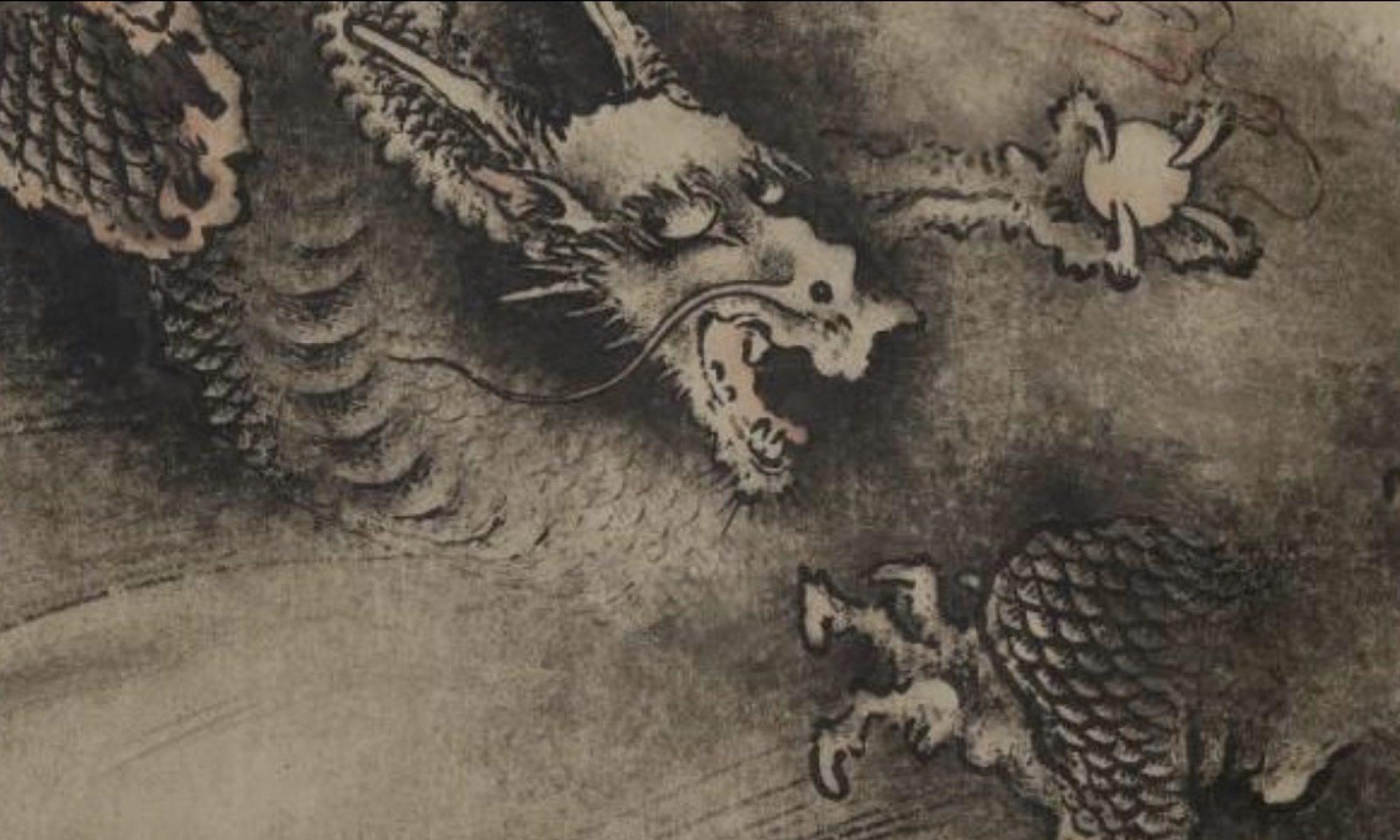Sere
Here is a definition of “hebetude”: “The absence of mental alertness or physical sensitivity.” Next on the list is “hebetate”: “To blunt the sensitivity or keenness of.”
Let me explain. Decades ago, when giant beasts both strange and perilous roamed the earth, I began to collect words encountered while reading that I felt less than comfortable using in my own writing. I wrote these words down, along with definitions, in a notebook I dubbed Dixonary. I first encountered the word “hebetude” in The Chronicles of Thomas Covenant, a series of fantasy books. The author, Stephen R. Donaldson, was fond of sprinkling his prose with little used words, and I kept a dictionary at hand when reading these books.
So, yes, “hebetude” made it into the Dixonary, and as “hebetate” was nearby, it made it in too. Let’s use it in a sentence.
“The neutral and negative results of the LHC hebetated researches into theoretical particle physics worldwide, leading to a retrenchment of the field, but as custom reconciles us to everything, its practitioners have circled their wagons around stale – but beloved – ideas proven over the past 40 years to be ineffectual, but oh so comfortable.”
That was fun. In fact, however, I have never encountered the word “hebetate” in any of my reading, and even as I write it on my iPad, because it is unrecognized, it gets the dotted red underlining of death. Curiously, “hebetude” is recognized, and I actually did encounter it once. And only once.
In all the decades since, as the great reptiles slowly died out, I have never lost the feeling that if a word is encountered that rarely – once, or never – does that word lose legitimacy? I personally – despite their inclusion in my Dixonary – have always avoided the use of these words in my own writing, feeling certain that the vast majority of my readers would be as befuddled as I once was. (And now I’m wondering if the phrase “vast majority” is applicable if the number to which the phrase is being applied is ten or fewer.)
Eventually, because of my addiction to P.G. Wodehouse, I started adding meta-content to the Dixonary, viz., phrases. For example, let’s use a few:
“Theoretical particle physicists have been cut off from the exercise of making meaningful advances to their field because they labor under the misapprehension that old ways of thinking, shown to be inadequate, are preferable to giving rein to idle speculation that could imperil the cordial relations existing between mainstream theorists and the practitioners of science media.”
Anyway, it would be idle to deny that sharing my jaundiced view of theoretical physics could be hazardous. One doesn’t usually associate STEM folk with danger, but I recently read that a German mathematician was arrested for murder and cannibalism, than which nothing could be more calculated to give one the heebie jeebies. Deliquescence is preferable to ending up in a shallow grave with all my meaty bits gone into a mainstream stew.
Seminal
Meanwhile, outside the mainstream, speculation continues to run rampant. L. Motl himself, as a kind of left handed compliment, suggested that Tony Smith and myself are (well, Tony has passed, and I have a medical death sentence, so maybe “were” is the mot juste) the archetypes for all modern day “crackpots”, of which there are many. However, although my work is founded on highly developed and unassailable pure mathematics, which is then interpreted as a fully fledged foundation for the Standard Model (unavoidably so), providing explanations for a multitude of puzzling aspects … sniff. I need a tissue. Where was I? Oh, yes, without exception, although my work is frequently cited (sort of), in not one instance does the work doing the citing build upon my work. Nay, my work is used as an excuse for the author’s own speculative ideas. You know, Gürsey and Günaydin used the octonion algebra mathematics as a way of explaining color SU(3). I cited them many times, and I built upon their results, at least those that did not try to connect to quantum theory. It never occurred to me to cite them, then ignore them, and carry on as though their seminal work was irrelevant, save as an excuse for me to do something similar. Sigh. So, yeah, Motl was right.
Curiously, the first six words in the Dixonary (which I just yesterday dug out of a musty pile of old creations) are: Abnegate; Abjure; Abeyance; Acrimony; Adumbrate; and Aegis. All rather fitting, n’est ce pas? The seventh word is Accolade, but the universe has stopped at number six. Further down the list is Apotheosis. Ooh, I like that one. Let’s do that!


